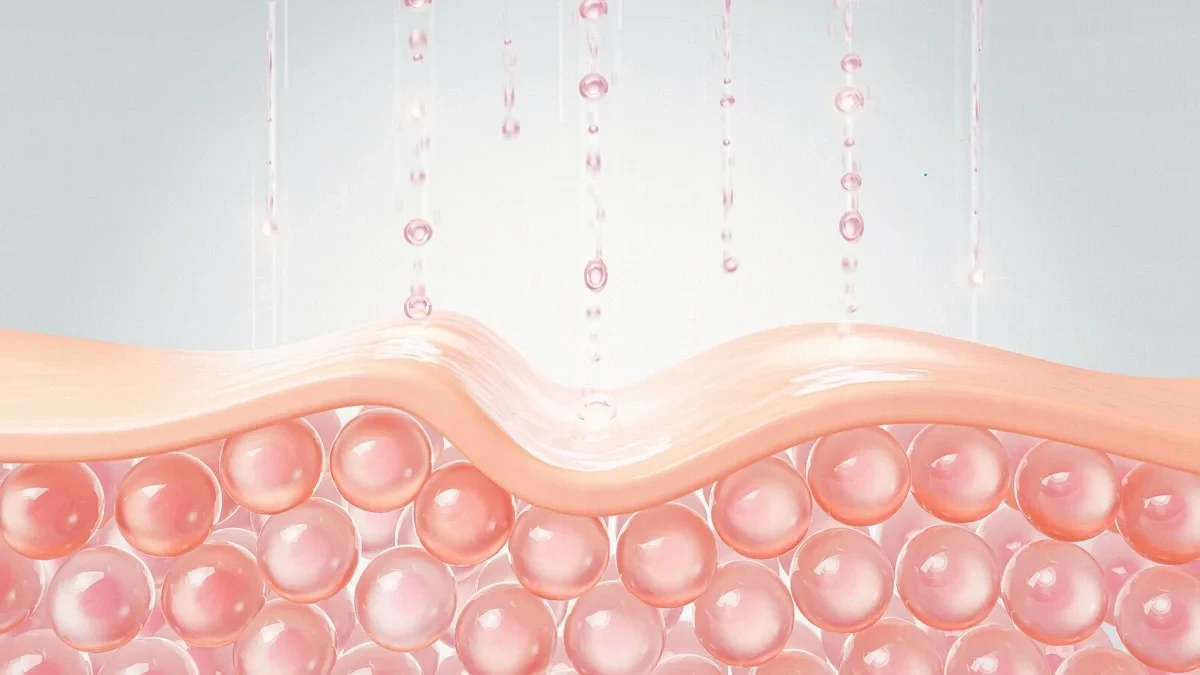How skincare works
Skincare works by maintaining, protecting, and improving the health and appearance of the skin through the use of topical products and routines tailored to individual needs. The skin is the body’s largest organ and serves as the first line of defense against environmental damage, pathogens, and dehydration. Effective skincare supports the skin’s natural functions while addressing specific concerns such as dryness, acne, aging, or pigmentation.
The Skin’s Structure
To understand how skincare works, it's helpful to know a bit about the skin's structure. The skin has three main layers:
-
Epidermis – the outermost layer, which includes the stratum corneum (skin barrier) that protects against moisture loss and external irritants.
-
Dermis – the middle layer containing collagen, elastin, and blood vessels.
-
Hypodermis – the deepest layer, made up of fat and connective tissue for insulation and cushioning.
Most skincare products target the epidermis and, to some extent, the dermis, depending on the formulation.
Cleansing
Cleansers remove dirt, oil, makeup, and pollutants from the skin’s surface. This step is essential to prevent clogged pores, acne, and irritation. Gentle cleansers help maintain the skin's natural moisture barrier, while harsh cleansers can strip away oils and damage the barrier, leading to dryness and sensitivity.
Moisturizing
Moisturizers work by hydrating the skin and sealing in moisture. They usually contain a combination of:
-
Humectants (like glycerin or hyaluronic acid) that draw water into the skin.
-
Emollients (like squalane or fatty acids) that soften and smooth the skin.
-
Occlusives (like petrolatum or dimethicone) that form a protective barrier to lock in moisture.
Hydrated skin appears plumper, smoother, and more radiant, and is less prone to irritation and fine lines.
Sun Protection
Sunscreens protect the skin from harmful ultraviolet (UV) rays, which can cause premature aging, sunburn, and skin cancer. Sunscreen works by either absorbing (chemical sunscreens) or reflecting (physical/mineral sunscreens) UV radiation. Daily use is one of the most effective ways to prevent skin damage and preserve skin health.
Treatment Products
Skincare can also address specific concerns through active ingredients:
-
Retinoids increase cell turnover and stimulate collagen production, reducing wrinkles and acne.
-
Vitamin C is an antioxidant that brightens skin and helps fade pigmentation.
-
Niacinamide reduces inflammation and regulates oil production.
-
AHAs and BHAs exfoliate the skin, removing dead cells and improving texture.
-
Peptides and ceramides support the skin’s structural integrity and barrier function.
These ingredients are absorbed into the upper layers of the skin and work over time to improve its appearance and health.
Conclusion
In essence, skincare works by supporting the skin’s natural functions while targeting individual concerns. A well-balanced routine—cleansing, moisturizing, protecting, and treating—can help maintain healthy, resilient skin. Consistency, appropriate product selection, and sun protection are key to seeing long-term benefits.

Related Blog
What Causes Oily Skin and Can It Be Managed Naturally? Exploring Root Causes and Gentle Solutions
Aug 2, 2025 by Admin
General
What Are the Signs That You Have Sensitive Skin? Key Symptoms to Help You Identify This Delicate Skin Type
Aug 1, 2025 by Admin
General